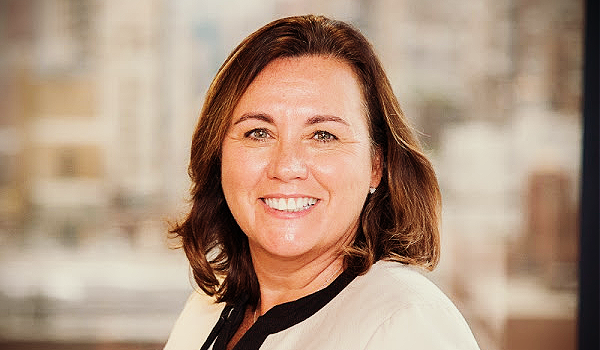By Noreen Beaman
As we approach the one-year mark since the onset of COVID-19, it’s an opportune time to reflect on all that has changed in the financial advice industry and more importantly, what comes next. In many ways, the pandemic has been an inflection point that pushed emerging trends in the industry five years ahead-from rapidly evolving technology to more dynamic financial planning tools. It challenged financial advisory firms to think about the different parts of their practice in a way they may not have before and to step outside their comfort zone to optimize the end investor experience.
Here are a few of the key areas we’ve seen evolve, as advisors continue to search for ways to make their practices more efficient:
FINDING EFFICIENCIES THROUGH OUTSOURCING
While the percentage of advisors who choose to outsource investment management has remained remarkably consistent over the past decade, FlexShares’ data suggests COVID-19 may be a tipping point toward greater adoption. Their 2020 Race to Scalability survey asked firms that handle investment management in-house whether their opinion of outsourcing has changed as a result of the pandemic. 15% of respondents said they planned to increase usage of outside managers and 85% said they plan to reconsider their use. As advisors reevaluate their traditional business models and consider where they can add the most value, outsourcing can be a key part of growing efficiency.
I encourage advisors to ask themselves, “What are the key areas of my specialty that allow me to be most impactful in my clients’ experience? What is my secret sauce? Why is the client picking me?” Once advisors identify their primary value add, they can double down on that specialty and outsource to partners who can support their efforts and maximize their time.
TECH ADOPTION IS HERE TO STAY
The pandemic has undoubtedly accelerated further adoption of digital tools and I believe that shift is here to stay. When we return to greater normalcy in our work lives, video conferencing and similar technologies may very well be the preferred way for advisor-client engagement and interaction. Clients have also become accustomed to having financial knowledge at their fingertips. Whether on their phone, tablet, laptop or desktop computer, they have spent months building the habit of connecting with an advisor at their convenience. In the ‘new normal’, financial advice will likely remain part of clients’ everyday experience.
The technology element has been a critical piece of Orion’s merger with Brinker Capital, as we adapt our offerings to recognize this growing need from advisors. Together, we are reimagining technology to help advisors stay better informed about investor needs and ultimately create better engagement with their clients.
INCREASING ACCESS TO SPECIALISTS
As client needs evolve, I believe there’s also a growing expectation for advisors to bring in specialists. Nearly all advisors are using third-party experts in some way, whether it’s for investment management or business development. Some of the more popular areas for outsourcing include investment product analysis, marketing, and information technology services.
While the pandemic has forced firms to adapt to new business models (and it hasn’t always been easy), the accelerated shift toward more sophisticated technology and optimizing client service will benefit both the industry and the end investor in the long run.







